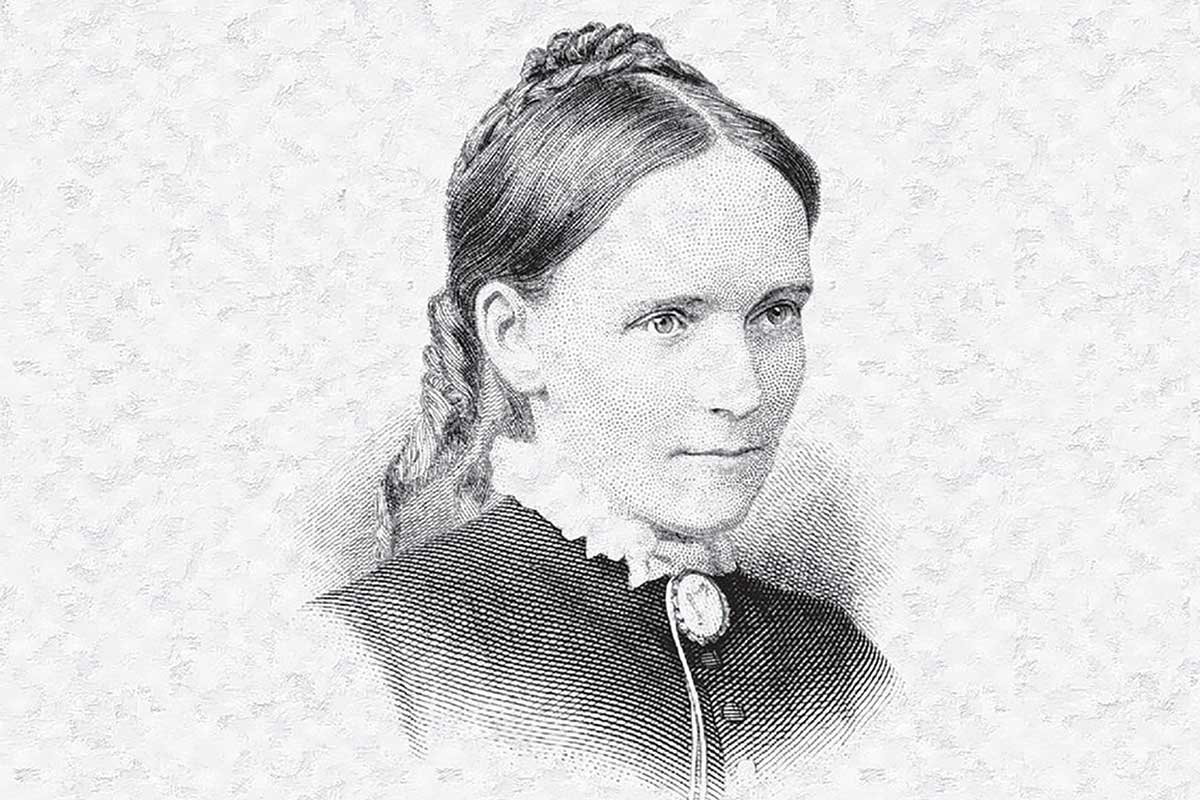“Now thanks be to God who always leads us in triumph
in Christ, and through us diffuses the fragrance
of His knowledge in every place”
– 2 Corinthians 2:14 –
Paul moves from concerning narrative to hymn of victory. And the first thing he does is thank God. He describes this victory with an example from his time: A victorious Roman general enters the capital of the Empire marching with pride alongside his trophies of war, showing them off to the spectators, to the embarrassment of the losers. As he walks by, people throw flowers along the path, while the pegan priests burn spices and wave their incense in gratitude to Jupiter and Mars for the victory given.
These sweet fragrances filled the air, and they puffed up the chests of the victors. Up front marched the group of forgiven people, followed by the condemned. The forgiven later became servants for the Empire. The captives who were chained up at the end of the parade were executed as a tribute to the conqueror. For the forgiven, the fragrance was the sweet smell of life, but for those who would be executed it was the smell of death.
For Paul, God is the supreme Commander who leads him from slavery and death to freedom and life. The apostle describes the smell of this offering with the same words used in the Old Testament: fragrance and aroma, which characterized the sacrifices offered to God. This captive who was forgiven and set free by the grace of God, commits to live and serve his Commander in order to spread the fragrance of the good news of Christ, the pleasant fragrance of His knowledge.
This knowledge is not only about understanding; it includes loving, serving, and obeying by exhaling the fragrance which penetrates everywhere, fills all people, all the time, during life and even death itself. That is what is said of the martyrdom of Polycarp, who, while burning at the stake, gave off a fragrant and pleasant smell.
The faithful live and die perfuming and testifying.
The aroma of the gospel penetrates in such a way that each one chooses to be part
of the ones who are saved or the ones who are lost, choosing life or death.
What fragrance does our character emit?
Do we contaminate or do we perfume?
Do we disperse or do we attract?
“In the matchless gift of His Son, God has encircled the whole world
with an atmosphere of grace as real as the air
which circulates around the globe. All who choose to breathe
this life-giving atmosphere will live and grow up to the stature
of men and women in Christ Jesus” (Steps to Christ, p. 68).
May the Lord bless you…










